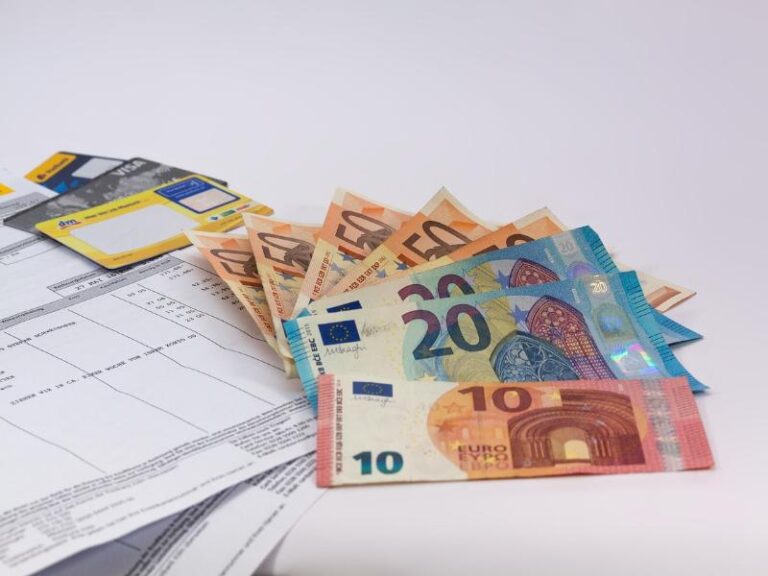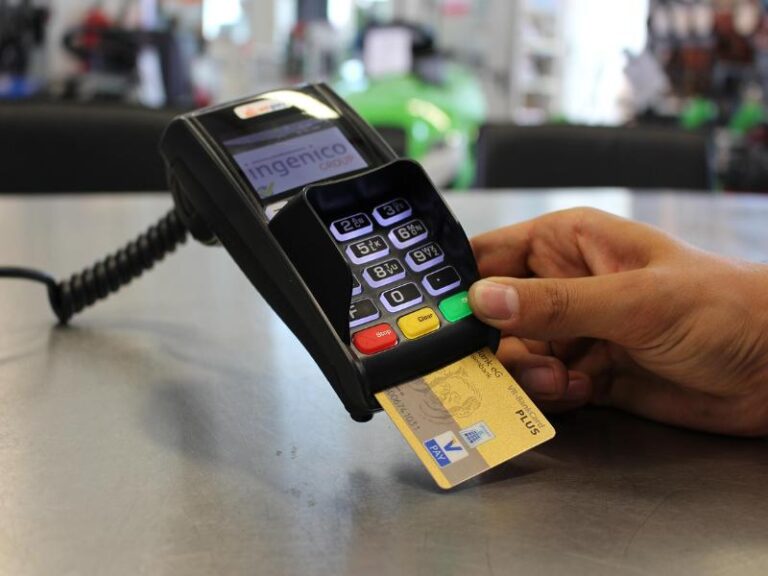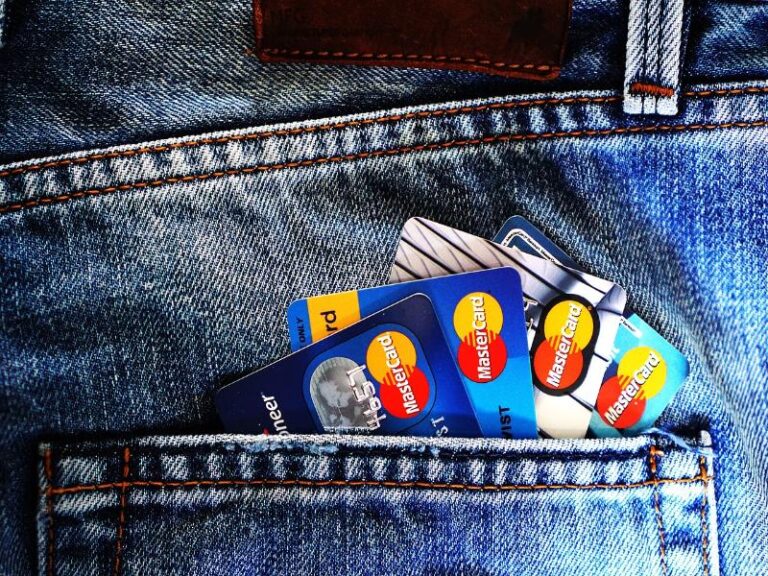I’m writing this letter as someone who has overseen commerical cleaning in Knoxville TN for many years while managing office buildings, medical clinics, and shared professional spaces throughout the area. Cleanliness has never been a background concern in my role; it’s one of the most visible indicators of how well a property is cared for. Through experience, I’ve learned that dependable commercial cleaning is built on consistency, realistic expectations, and a clear understanding of local conditions.
Knoxville’s climate plays a major role in how cleaning needs to be handled. Humidity affects everything from how quickly floors dry to how odors develop in restrooms and break areas. I remember one summer when employees began complaining about slippery floors and lingering smells in common spaces. The cleaning crew was following the same routine they used year-round, which didn’t account for seasonal changes. Once we adjusted products and techniques to suit the environment, those issues were resolved within days.
One of the most important lessons I’ve learned is the value of consistent staffing. I once worked with a cleaning provider that rotated crews frequently. Each new cleaner had to relearn security procedures, building layouts, and tenant expectations. That led to missed details—trash left behind desks, uneven restroom cleaning, and breakrooms that never felt fully reset. When we transitioned to a provider that prioritized training and long-term assignments, the quality of work improved noticeably without increasing the scope.
Communication has also proven to be essential to successful cleaning partnerships. I appreciate supervisors who speak up when something isn’t working instead of quietly working around problems. In one office suite, cleaners struggled to maintain a storage area that had become overcrowded and difficult to access. The supervisor raised the issue early, allowing us to coordinate with tenants and reorganize the space. That small step made ongoing cleaning far more effective.
Another mistake I often see businesses make is choosing a cleaning service based solely on cost. Lower bids usually rely on unrealistic timeframes, forcing cleaners to rush through their work. I’ve inherited contracts where crews were expected to clean large areas in very short windows. Once labor hours were adjusted to match the actual workload, the condition of the building improved almost immediately.
From my experience, reliable commerical cleaning in Knoxville TN comes from providers who understand local conditions, invest in their staff, and remain accountable after the contract is signed. Clean buildings don’t stay that way by accident—they’re maintained through steady effort, open communication, and attention to the details people notice every day.






